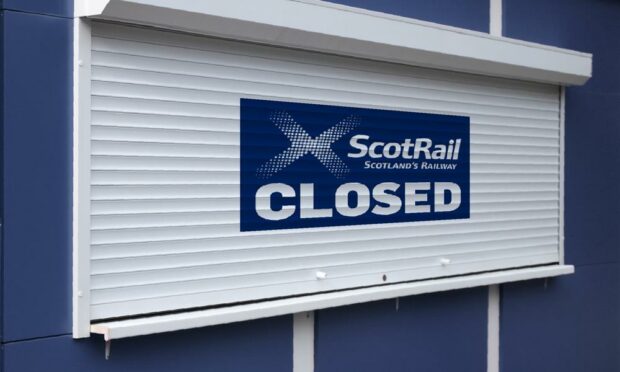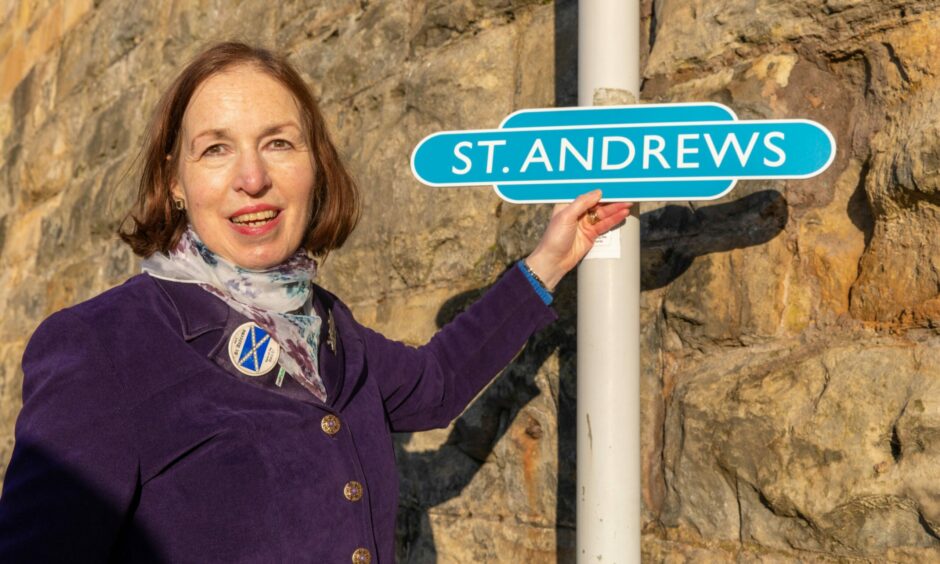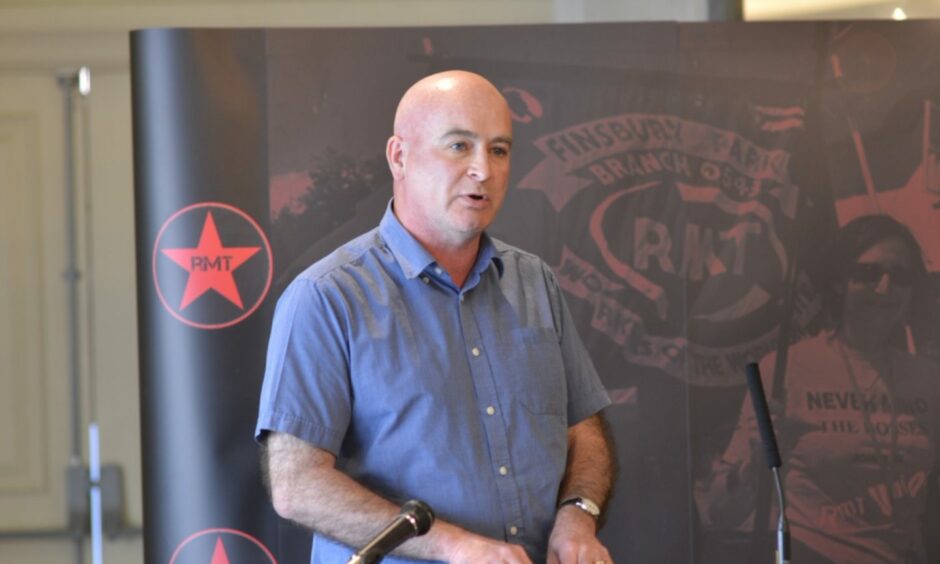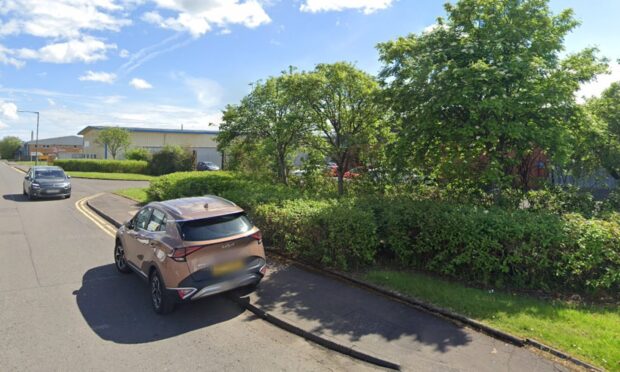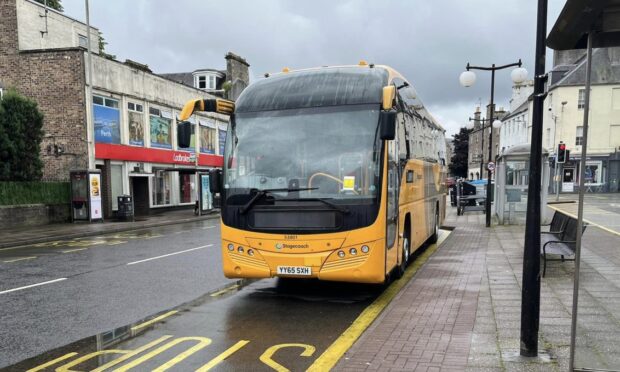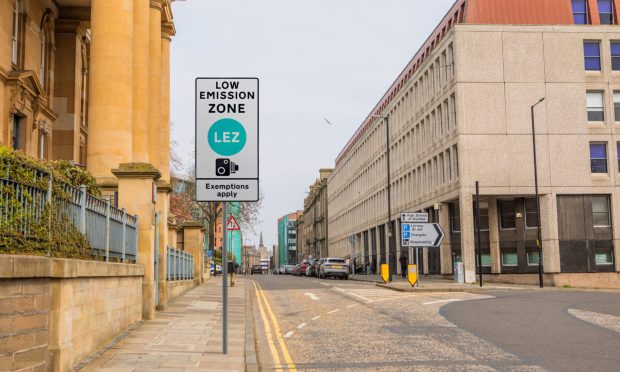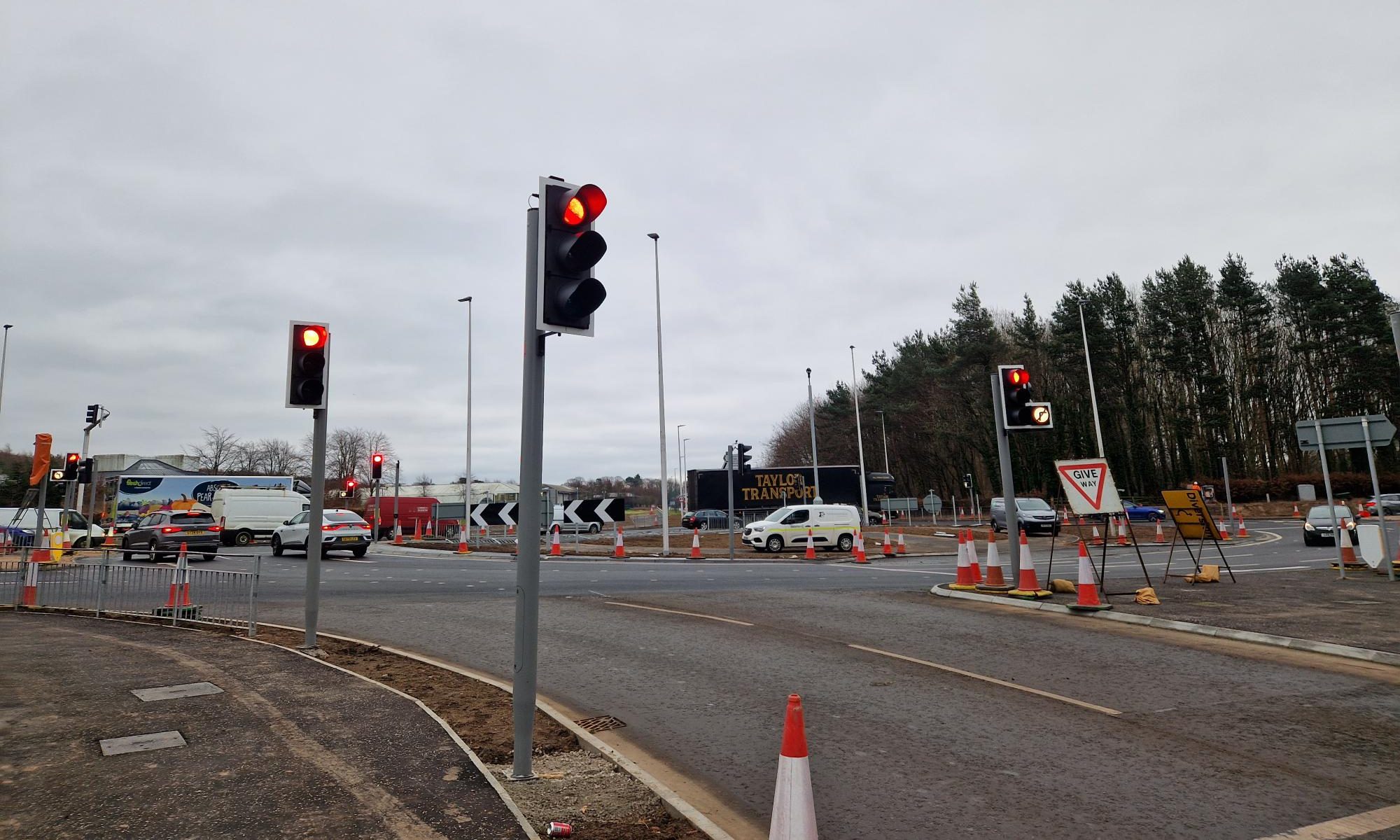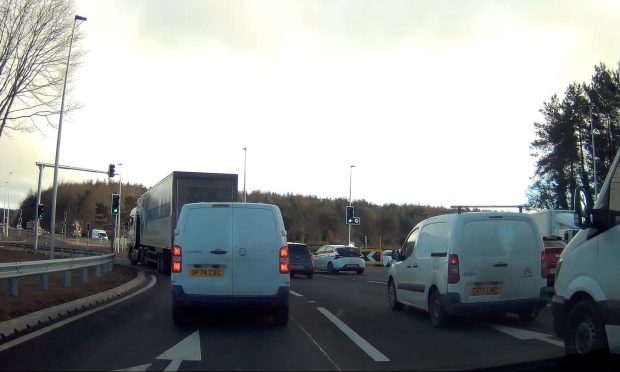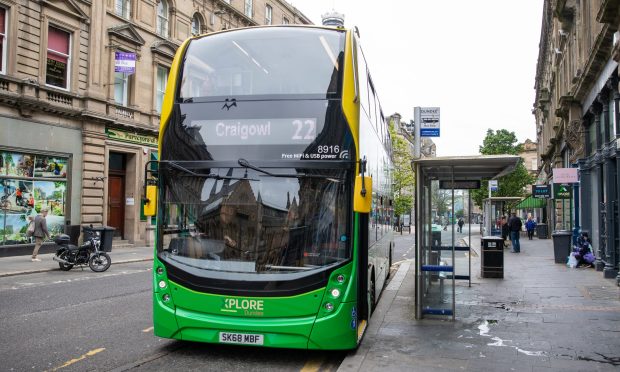ScotRail bosses have been told to reconsider plans that would see train ticket office opening hours cut at the busiest stations in Fife and Tayside.
ScotRail bosses have outlined a host of changes to ticket office hours across Scotland.
Potentially affected stations in Tayside and Fife include Dunfermline, Montrose, Pitlochry and Arbroath.
The changes will not lead to staff cuts, ScotRail management have promised.
Rail union chiefs at RMT have blasted the plans, saying it will lead to a “mugger’s paradise”.
And there are fears disabled people would be hit hardest by the changes as there may be fewer staff on hand to help navigate stations.
Which stations could see cuts?
If the proposals go ahead, these Tayside and Fife stations will see office hours slashed:
- Aberdour
- Arbroath
- Cowdenbeath
- Cupar
- Dunfermline Town
- Leuchars
- Montrose
- Pitlochry
Among the biggest changes would be Cupar, which would see the ticket office completely closed on Sundays. It is currently open from 11.30am to 5pm on Sundays.
Other drastic cuts would take place at Leuchars. Weekday evening opening hours may be scaled back drastically, from its current closing time of 9.45pm to 6pm from Mondays to Thursdays and 6.30pm on Fridays.
The Fife station’s Sunday closing time would also be changed from 10.15pm to 2.30pm.
To see full details on the changes, check out our interactive map below.
Importance of staff presence
Jane Ann Liston is secretary of campaign group Railfuture Scotland.
She said it is “perverse” for ScotRail chiefs to consider reducing hours at busy stations such as Leuchars and Dunfermline Town.
“It’s not just the sale of tickets that passengers are seeking, but also information. This is particularly the case for Leuchars because it is so isolated,” she said.
“I’m not convinced that a disembodied voice at the end of a help-point is the best way to assist with enquiries nor reassure passengers.
Jane Ann said it’s important railways are “open to all”, such as passengers who “lack the latest technology”.
She feels it’s also important for staff to be present as “machines can and do fail”.
“To that end they should reconsider reducing ticket-office hours,” she added.
‘Station staff vital to my train journey’
Wheelchair-user Kein Speed regularly uses Arbroath station to get to Dundee for his university studies.
The prospect of fewer staff at the train ticket office worries him, as he sometimes needs their help to navigate the station — especially when the lift from the main entrance to the platforms is out of service.
The 22-year old said: “Train station staff are vital to my journey. Without their help, it’s a very anxious experience.”
Kein said staff have also helped him arrange alternative travel when trains have been cancelled.
The proposed changes come after an announced cut to services.
Will cuts create a ‘mugger’s paradise’?
Mick Lynch is general secretary of rail union RMT.
He fears the lack of staffing at stations will lead to an increase in crime, such as mugging.
He said: “These proposals… will undoubtedly worsen passenger service and accessibility as well as turning many of our stations into a mugger’s paradise.”
He said the cuts will do “nothing to restore passenger confidence” in Scotland’s rail network, which has a “central role in delivering a shift away from high-carbon transport” such as cars.
Could the changes actually improve safety?
A ScotRail spokesman insists the proposed changes will actually lead to increased safety.
As there will be no job losses, there will be more staff on trains to help passengers, the spokesman said.
He added: “As part of the ticket office and ticket sales review ScotRail examined how our staff help with assisting passengers, any instances of anti-social behaviour and the winterisation work carried out by staff.
“Since there will be no reduction in current staff numbers, there will be no impact on passengers who require assistance or on duties such as gritting stations.”
The rail firm also expect there to be less “fare fraud” as a result of more staff checking tickets on trains.
Staff will also be able to react quicker to antisocial behaviour during journeys.
The plans could also see CO2 emissions reduced by around 102 tonnes a year through less use of heating and lighting in train ticket offices.
